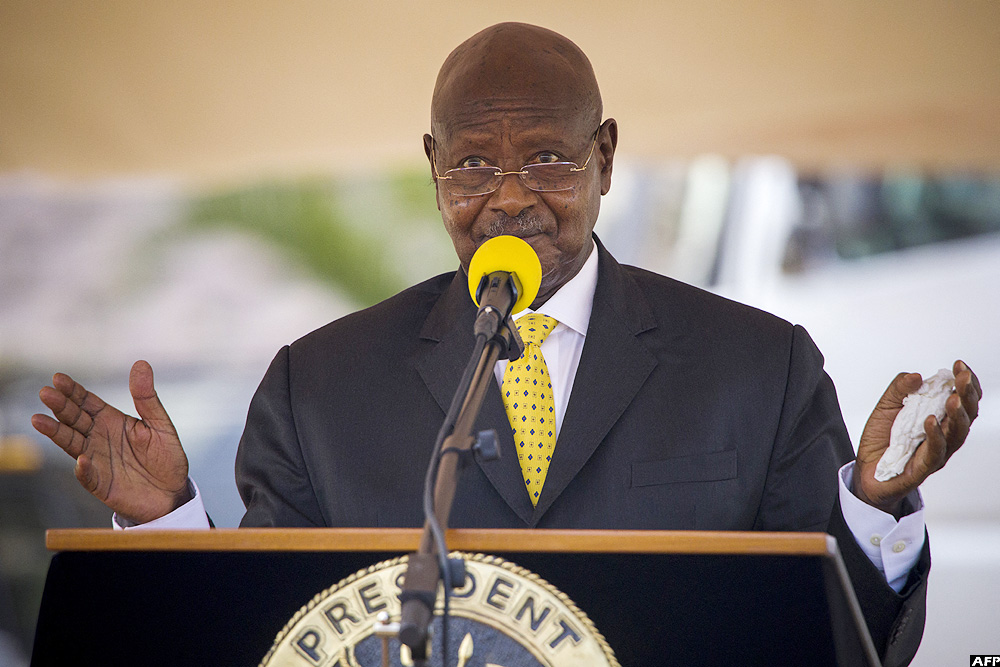IN THE WEEK PAST: Museveni to decide on NSSF mid-term access in two weeks
Jul 25, 2021
"I want to be clear with the figures. I am going to do my own research. Let us meet on August 4," says the President.

NSSF mid-term access for savers has been one of the major talking points during the COVID-19 pandemic
NewVision Reporter
Journalist @NewVision
SAVINGS
Conflicting information and change in wording regarding the National Social Security (Amendment) bill has forced President Yoweri Museveni to push a major decision on the workers mid-term access to their savings for another two weeks.
“Let us give ourselves two weeks and conclusively solve this matter," his office quoted him as saying on Wednesday.
"I want to be clear with the figures. I am going to do my own research. Let us meet on August 4."
Museveni's decision followed a long meeting with workers representatives, including Peter Werikhe, Usher Wilson Owere, Charles Bakkabulindi and COFTU representative Dr. Sam Lyomoki.
The representatives told the President that while they had agreed with the NSSF that only workers who have clocked 45 years and have saved for 10 years (45 years and 10 years savings) be allowed mid-term access of 20% of their savings, they were shocked to learn that the wording had changed to 45 years or 10 years savings.
The meeting was also attended by representatives from the finance ministry, led by finance minister Matia Kasaija, NSSF managing director Richard Byarugaba, and members of NOTU and COFTU.
NOTU is the National Organisation of Trade Unions while COFTU is the Central Organisation of Free Trade Unions, Uganda.
President wants to do more research before making a decision on the NSSF mid-term access
President Museveni said he wants to do more research on the figures after the workers representative said sh800b was needed for the mid-term access while NSSF boss Byarugaba said they may need up to sh3 trillion.
Museveni raised various issues, including how this will affect workers savings and what happens to the fund.
Prior, Byarugaba had said the total fund now stands at sh15 trillion and that each worker saves for between 25 to 30 years and earns sh150m.
He said if they access their savings now, they lose up to sh30m in 20 years, adding that NSSF would lose money because it would offer securities at a discount in a fire-sale.
“As long as you can explain to them… that when you take sh5m, you lose sh30m in 20 years," responded the President.
Werikhe, who is also the MP for Bubulo West and the NOTU secretary general, said they had agreed to a 20% of their sh10m savings (sh2m).
“When we talked about mid-term, we met with all the stakeholders, including NSSF. Workers who have reached 45 years and have contributed for ten years are 100,000, which is about sh800bn," said Werikhe.
"Parliament instead said 45 (years of age) or 10 (years of saving). At 45, many people have challenges."
The workers also disputed NSSF's decision to use sh500,000 - sh1m as workers incomes, saying most workers earn between sh200,000 and sh600,000.
Every month, institutions deduct 5% of employees’ salaries as contribution to NSSF. The employers top it up with 10% while government adds 22%.
NSSF is a government agency responsible for the collection, safekeeping, responsible investment and distribution of retirement funds from employees in the private sector who are not covered by the government retirement scheme.

No Comment